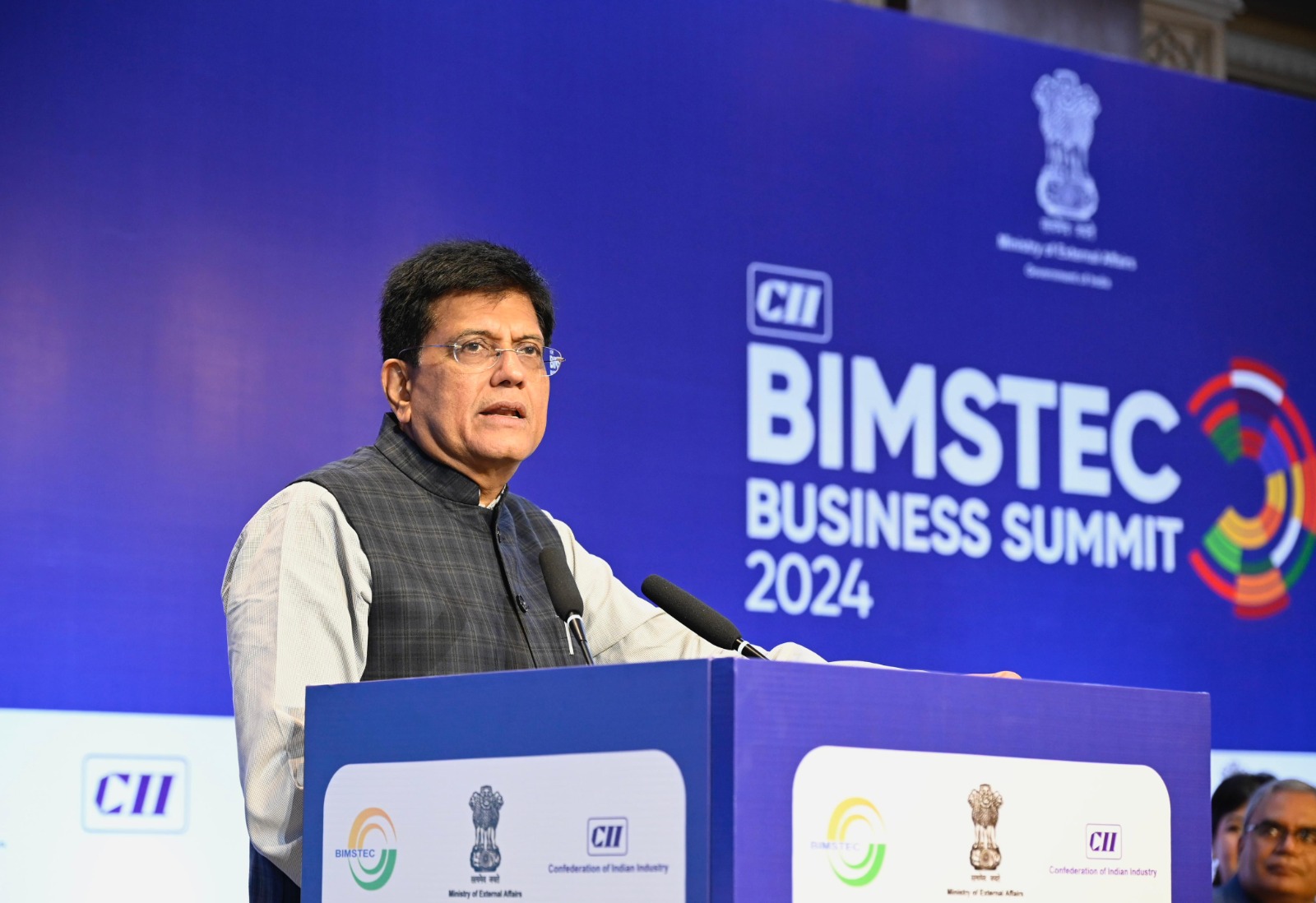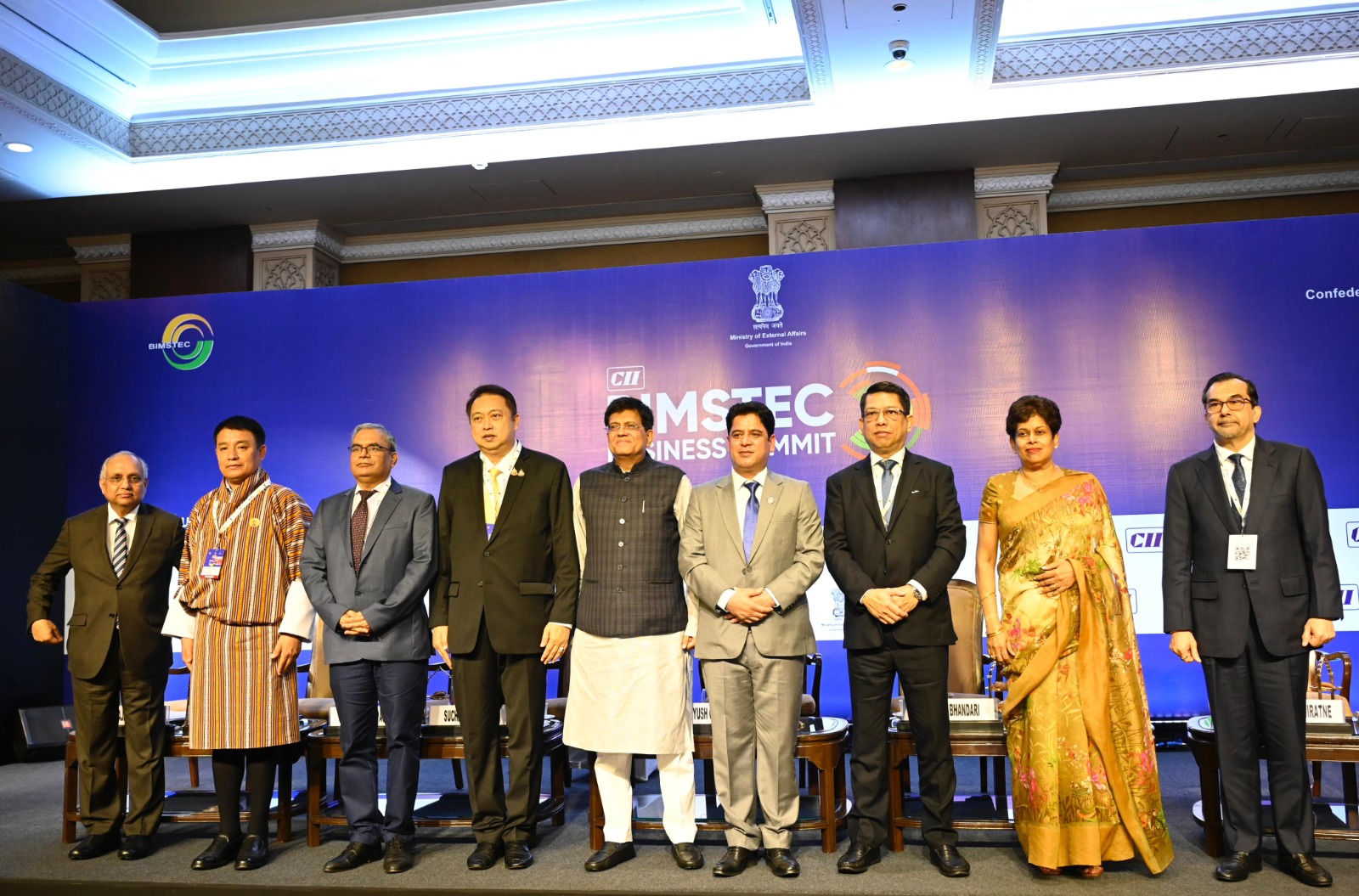
India trying to reduce tariff and non-tariff barriers globally to spur trade between nations
NEW DELHI : Indian authorities made a case for reduction in tariff and non-tariff barriers across the world to reinforce growth and spur trade among nations.
“When you have economic growth in a region, all partners can benefit. We can benefit from mutually reinforce growth by minimising barriers to our commercial engagements, which is best done by getting rid of tariff and non tariff barriers,” Secretary, Department for Promotion of Industry and Internal Trade (DPIIT) Rajesh Kumar Singh said on August 7.

Singh was speaking at the BIMSTEC Business Summit 2024 in New Delhi. BIMSTEC or the Bay of Bengal Initiative for Multi-Sectoral Technical and Economic Cooperation is a grouping of countries in South Asia and South East Asia of Bangladesh, India, Myanmar, Sri Lanka, Thailand, Bhutan and Nepal.
Speaking at the same event, earlier in the day, Commerce Minister Shri Piyush Goyal too said that there should be a focus on removal of tariff and non-tariff barriers and strengthening of trade facilitation measures by adopting international norms to unleash the full potential of trade and investment cooperation among the BIMSTEC states.
The secretary pointed out that given the geopolitical turmoil in several pockets of the world, the consensus on lowering trade barriers between countries has broken down.
“The consensus, that trade barriers should come down between countries, and that tariffs and subsidies are distortionary and inefficient interventions, has broken down. The developed west that used to lecture us on this are now themselves resorting to such barriers,” Singh added.
This is not the first time that the DPIIT secretary advocated for lower levies. Back in May, Singh urged India’s domestic industry to prepare themselves for a lower tariff regime in the long run as the country looks at signing more foreign trade agreements (FTAs).
The Indian government is currently in talks for FTAs with a bunch of nations and groupings, including the UK, European Union (EU), and Peru.
Last month, Goyal had said that Indian industry’s resistance on tax concessions for goods sent to partner nations could hinder the country’s ability to clinch key trade pacts with countries such as UK.
The DPIIT secretary further said that now there is a global recognition that one factory for the whole world is not enough.
“We need multiple factories for the world, we need diversified supply chains and a combination of near-shoring and friend-shoring,” he said.
Singh is referring to the China plus one strategy wherein the world, especially developed nations are looking to diversify their supply chains beyond Beijing by tapping newer markets.
